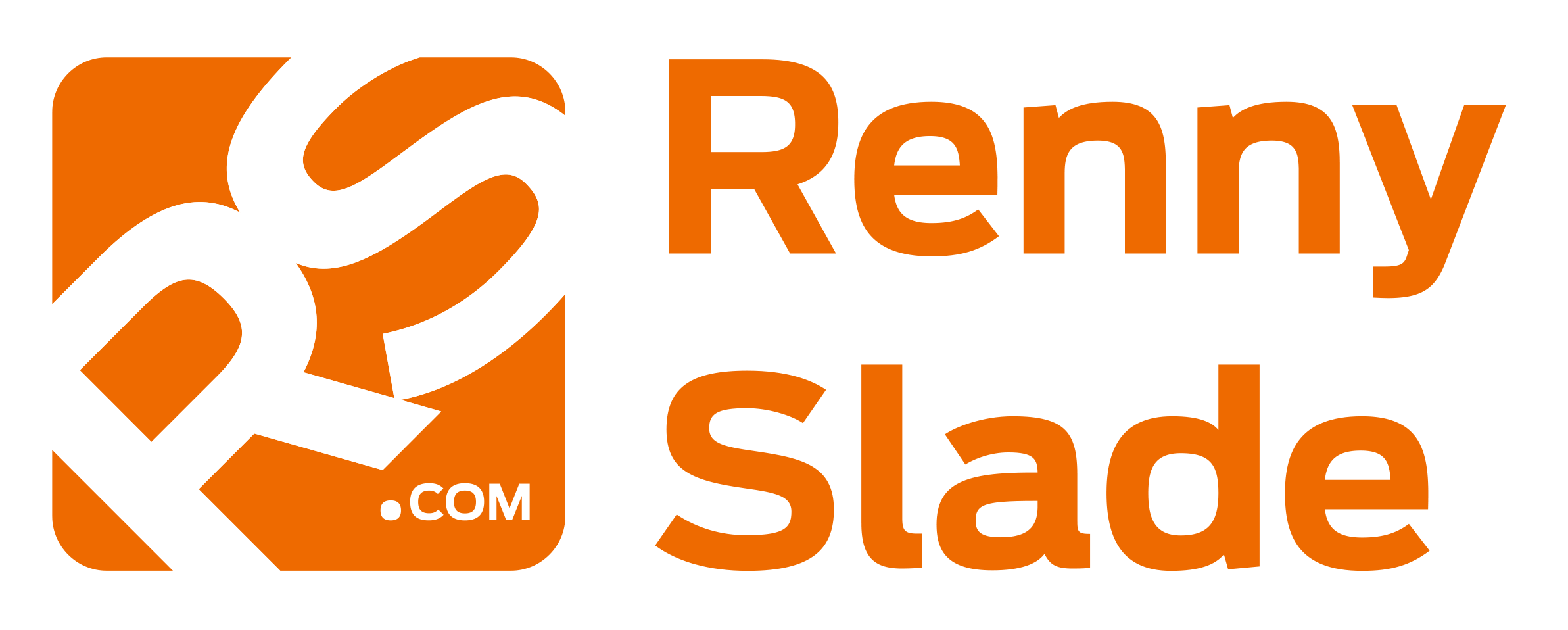CONTRACTS and CONTRACTUAL COMMUNICATION
Have you ever experienced that a conversation didn’t seem to go anywhere, and you ended up feeling quite frustrated and not knowing what to do next?
One reason that something like this might happen is because of a lack of contractual communication.
CONTRACTS in Transactional Analysis
One of the core features of Transactional Analysis is the use of contracts.
There are a couple of definitions I’d like to share with you. The first one is Eric Berne’s definition:
‘A contract is an explicit bilateral commitment to a well-defined course of action.’
‘An explicit (You only have a contract with another person, if it is clear what both parties are asking for from the communication.)
bilateral (Based on the principle of mutual consent.)
commitment to a (If only one party is, or neither party are committed to carrying out the terms of the contract, the contract is not genuine.)
well-defined (The clearer and more well-defined the contract, the better it is possible to measure its effectiveness and success.)
course of action’. (The course of action is what will actually happen.)
There is also a definition by James and Jongewaard:
‘A contract is an Adult commitment to one’s self and/or someone else to make a change.’
Let’s put this in different words:
A contract is what connects me with the other person. A contract is bigger than an agreement as it involves a focus on identifiable outcomes.
Contracts help you specify the following aspects:
- Who are both parties?
- What will they do together?
- What is the time frame? How long will this take?
- What is the outcome or goal to work towards?
- How will they know that the outcome or goal was achieved?
- How is this outcome going to benefit either one or both parties?
Why is it important to use contracts?
Contracts set the boundaries of a conversation, and it allows for people to have drama-free conversations on an adult level.
Contracts make it possible for people to connect with each other as equals, and share the responsibility for the outcome of the conversation.
Of course this is very much based on the idea that every person has the ability and capacity to think for themselves, and that they are responsible for their own lives and the consequences of every decision.
This sharing of the responsibility is only meaningful if both parties are clear on the desired outcome, and are willing to contribute to reach this goal.
CHECKLIST
In order to make sure that you are moving towards more contractual communication, whether personal or professional, you can use this checklist:
- Did I acknowledge the other person?
- Is it a good time to have this conversation? (Is it ‘safe’?)
- Did I give the other person enough space to explore?
- Did I badger the other person into having this conversation with me?
- Do I put words into the other person’s mouth?
- Did I give the other person enough information to understand me?
- Did I check that I understood the other person?
- Was the contract explicit?
- Is it clear that either person can decide to not continue with the conversation?
- Do I speak the other person’s ‘language’? Do we use similar words and ways to describe something, and are we clear on the meaning we give to certain words?
FREE consultation on your personal or professional communication
Click here to book a free consultation. to discuss how I can help you improve your personal or professional contractual communication, of if you would like to improve the communication in your organisation or team.
I look forward to speaking with you.
Renny
